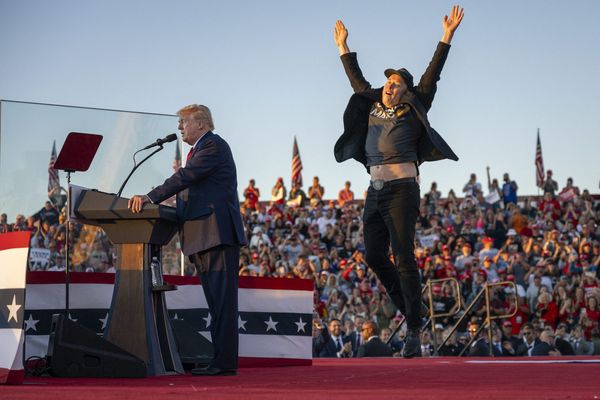
In 2023, the Office for Youth created a youth advisory group on Climate Change and COP28, alongside four others on various topics. A group of nine young people from around Australia was formed, but disbanded abruptly when the office announced its 2024 youth advisory groups, leaving climate change off the board entirely. Now, the Department of Climate Change, Energy, the Environment and Water (DCCEEW) has opened applications for its own youth advisory council, another mechanism theoretically designed to ensure that the voices of young people are reflected in government policy.
But why would any young person who is serious about achieving meaningful action sign up? Youth advisory groups are exactly what the name suggests — advisory.
Young people have been advocating for mechanisms that more efficiently incorporate their rights and needs into climate decision making, arguing for substantive protection of these rights. Mechanisms like the Duty of Care bill, which would compel governments to consider the health and wellbeing of current and future generations in the face of climate change, or more broadly, calls to lower the voting age to 16 indirectly force a longer-term perspective.
But neither of these proposals have been embraced. Instead, both proposals have been deflected with the promise of hearing the voices of young people through existing youth advisory groups.
Rather than implementing a mechanism by which they would have to consider the needs and interests of young people, it seems the government prefers to give themselves a choice. They can take this advice, or they can do the polar opposite.
On launching youth advisory groups in 2023, Minister for Youth Anne Aly stated that the government was “committed to embedding engagement structures for young people to ensure they are afforded the opportunity to be heard, respected and can make meaningful contributions to the work of government”.
A member of the Office for Youth’s now-disbanded climate change advisory group stated that in their experience of the group, “tokenism won out once again.”
Rather than the group providing “genuine opportunities to contribute and lead on the agenda important to [them]”, this member said they felt like “another cog in the machine”, with their mandate being to “help the government meet their targets”.
As the DCCEEW prepares to launch its own advisory council, it’s worth asking: are youth advisory groups are worth engaging in? Or are they all work, no reward?
Despite the evident shortcomings of these groups, they do have value when structured effectively.
Youth advisory groups need defined mandates and authority — something that grants them real influence. They need the built-in ability to review policy decisions and implementation, and for their input to become a substantive component of policy development.
The advice from youth advisory groups must lead to something, not dissipate into the ether. And for the effects of youth advisory groups to be felt, and therefore evaluated, these groups need a long-term mandate. Constraining the work of young people in bringing a longer-term perspective to decision making to a short time frame is flawed. Treating them as ongoing consultatants would demonstrate respect for the contributions of young people and foster genuine engagement.
The DCCEEW’s youth advisory council won’t have a long-term mandate, running only until December 2025 according to its website. It also won’t be involved in policy making, sitting under the public service rather than being an arm of government — as the now disbanded climate youth advisory group did. The council’s mandate, as per the website, will be to “provide the minister for climate change and energy practical and innovative advice on issues to support Australia’s commitment to reach net-zero by 2050 and to advance the energy transition”.
Whether this genuinely succeeds in increasing government accountability to current and future generations, or becomes yet another tokenistic, disingenuous mechanism by which to ostensibly integrate young people into climate policy, remains to be seen. If only we had the time to wait.







